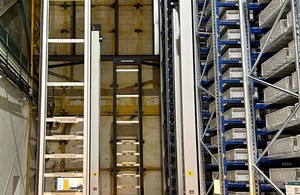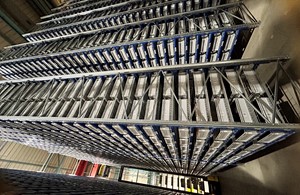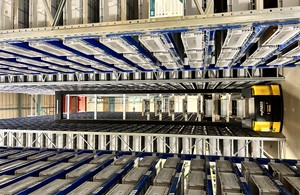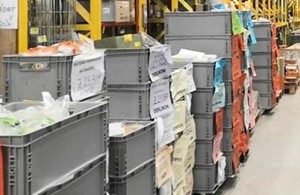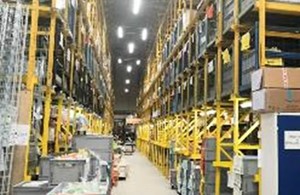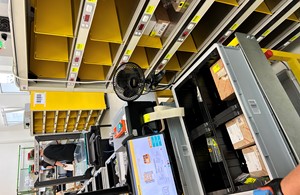APIL confirms the purpose of its activities and supports the collaboration of its members for the integration of technological solutions for logistics
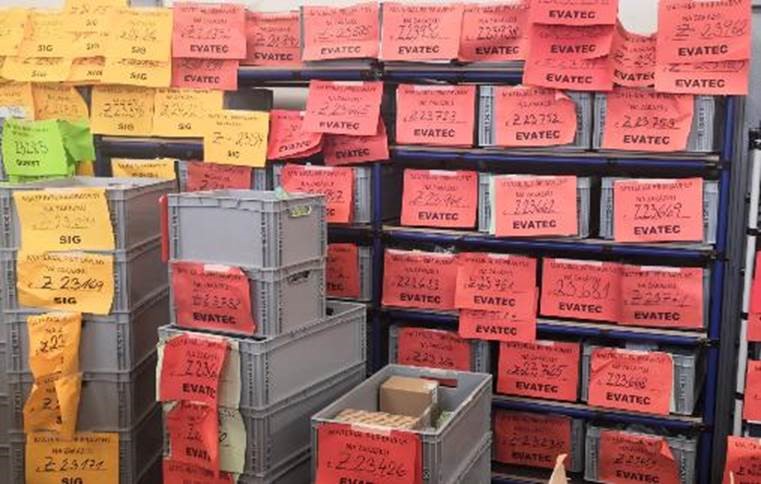
The Association for Innovation in Logistics (APIL) has supported the idea of collaboration among its members, led by KVADOS Group as the general contractor, in a significant transformation project involving the automation and implementation of autonomous robots, including the myFABER® WES control layer, for the end customer SENCO Příbram.
APIL, a member of the National Cluster Association, connects leading technology providers for logistics with the goal of preparing and integrating innovative, proven, and mutually compatible solutions. Since its establishment in 2021, the association has brought together 22 members and actively supports the development of technological innovations in logistics.
One example of successful collaboration is a project by KVADOS Group, a member of APIL, which helped Senco Příbram spol. s.r.o. significantly transform its operations through automation and the implementation of autonomous robots, including the myFABER® WES control layer. A key component of the project was the implementation of the innovative Hai Pick system, designed to maximize the verticality of storage spaces and enhance the efficiency of storage and retrieval operations.
The myFABER® HaiPick A42T model was selected for its ability to handle specific plastic bins and navigate shelves with a uniform height of up to 10 meters. This system was complemented by two workstations with conveyors, facilitating smooth and efficient goods flow within the warehouse, and the autonomous robot myFABER® Speedy for handling KLT containers in production.
